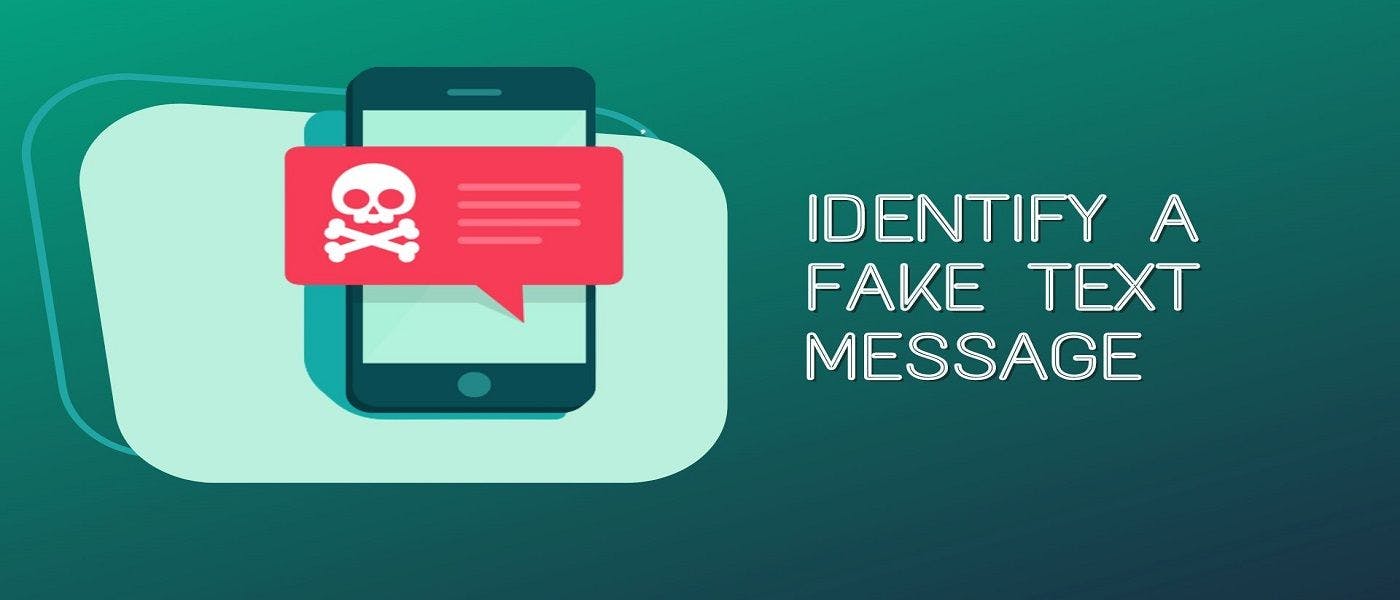Audio Presented by
We can text ourselves in iMessage on iPhone, and use it like a notepad for ourselves to remember some things.
About Author
We can text ourselves in iMessage on iPhone, and use it like a notepad for ourselves to remember some things.
Comments
TOPICS
Related Stories
5 Life-Saving Tips About Cyber Security
@assignmentmax
Nov 03, 2020
